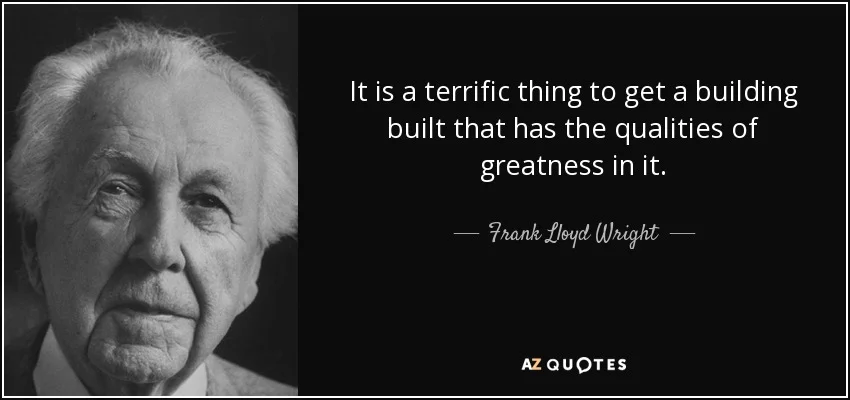Getting a quote
Do and charge -v- Fixed price
I don’t like “Cost Plus” or “Do & Charge” work – it too often leads to tension between the builder and client. I think that a professional builder should be able to define a project and fix a price, and that the client should have the chance to accept or decline that tender before the job begins. There are some circumstances where the extent of the work is unknown before the work starts (like historic renovation - if the original fabric of the building is to be preserved, or 'make good work' where you can’t tell how much needs to be replaced). However, that’s often only a small portion of the total contract. Why let a small proportion of the contract convert the entire works to Do & Charge.
Building is expensive; when a client (and builder) doesn’t know how much a project is going to cost, things can get out of hand. If the project is too expensive, I would just as well find out before hand and avoid the stress. All my work is fixed priced and my quotes list out the Included Items and Excluded Items to define the extent of the work.
You need to figure out what you want before anyone can give you a fixed price
There is a lot a client needs to do before calling for quotes. On a job that goes through approvals, the builders tender is really a reply to all the of work listed in the Architect's plans, specifications and conditions stated in the DA. On a smaller job, there is usually no paperwork (plans etc) so I rely on you to be able to tell me what you want.
One way or another the client has to come up with a “Request for Tender”. This is particularly important if you want to compare different builders. It is quite common for people to call up builders to come round and then proceed to walk around talking about all the options they’ve got in their heads - waving their arms around like “about this big with some kind of doors and maybe a skylight”. Even if you are capable of repeating this performance accurately to the different builders that you call in – how do you know all the builders understand what’s in your head and quote for the same project? You have failed to create an apples for apples environment.
What is a Request for Tender?
A request for tender can be a simple word document that lists out what you want. I like making lists of Inclusions (you don’t have to get it perfect – just bullet points) and Exclusions (like if you want to handle painting yourself, list “Painting” or if you have an electrician you like, list “Electrician”). Make copies of it and hand one to each of the builders you meet. If meeting different builders causes the document to develop, edit the request and update it to the builders that have already been. Its not that I can’t take notes during a meeting – it’s about you trying to set a level playing field and getting quotes that actually compare. There will always be some differences between the different builder's take on your project – but at least you will be in a better position to understand the differences. Even if you have all your paperwork done (Architects, Engineers, Approvals) the “Request for Tender” document will help to prevent you going through the hassle of meeting numerous builders and wasting time and effort getting tenders from builders that aren’t really comparable (Not to mention how much time of all those poor builders that you have wasted).
Here are two examples of sample Request for Tender Documents. You don’t have to word your request like a building professional; it’s just that you have been thinking about your project for a lot longer then the builder that just walked in the door. Also, when they sit down a few days later to tender for your job, they will have your request for tender as well as their own notes to guide them in their calculations.
Examples of a "Request for Tender" for a big job and a small job
Tendering in a non-competitive environment
is when a client finds a builder they want before they even know the cost. There are ways to check the cost but basically it’s about trust. A lot of my work falls under this category, particularly for return customers and recommendations. But even here I work with the client to generate a scope of works and give a fixed price before starting – As a project manager its just a lot easier knowing what you are going to build before you start.
All of this information is pretty basic, but you’d be amazed at how many clients do little or no background preparation before calling in builders.


